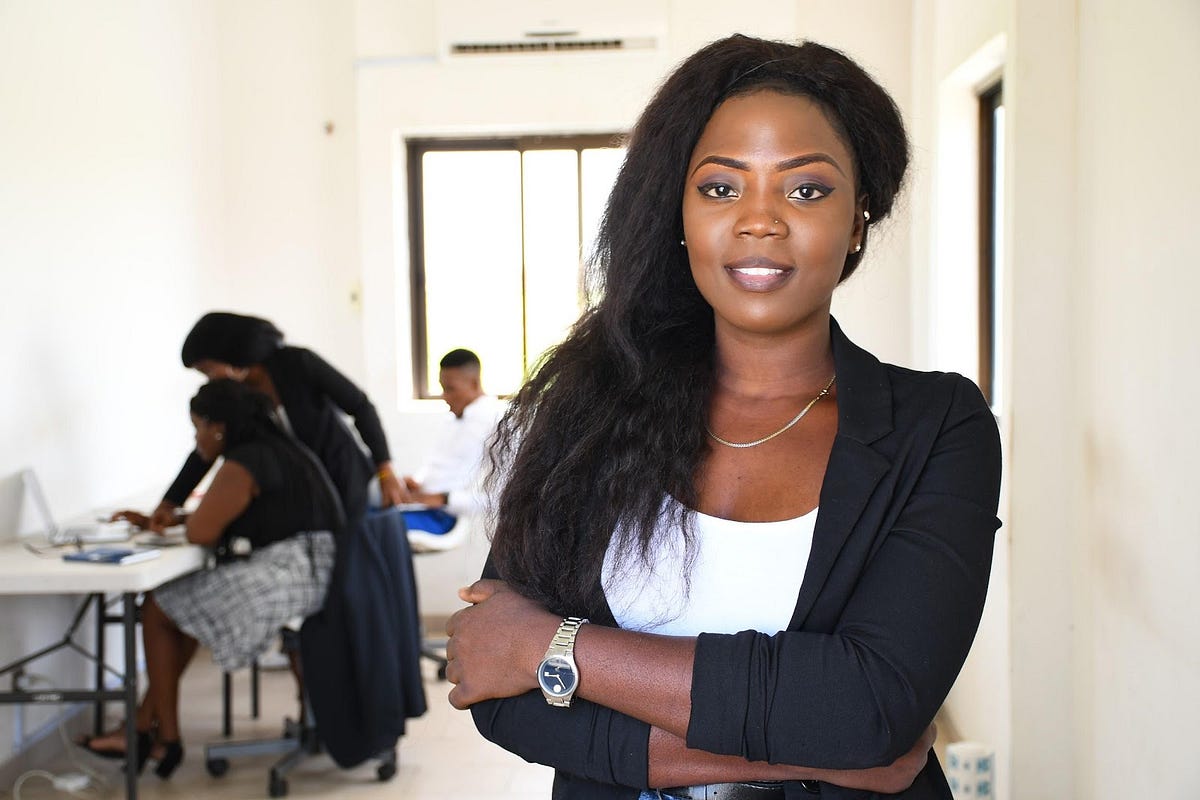The National Institute of Statistics (INS) reveals in its 2nd general census of companies in Cameroon that 79.1% of the companies created since 2006 are Any Small Business (TPE) or Startup.
The same report mentions that more than 2,000 startups have gone bankrupt in just 8 years.
The INS indicates that these bankruptcies are explained by several shortcomings encountered by the promoters of these startups namely the incompetence in management, the low level of education, as well as the small size of these startups.

In my opinion, many of these bankruptcies are also due to the fact that promoters lack information and feedback on entrepreneurship in the context of Cameroon and most often launch out solely by the strength of their passion.
I was myself faced with this information problem in 2017 when I started www.lohce.com the online bus ticket service.
Based on my experience with www.lohce.com, I have identified several misconceptions or “fables” that you must pay attention to when you start your startup.
Here are 4 of these fables and how not to get trapped by them if you want to start your startup.
Fable # 1: “Wait until you have the perfect product before getting started”
A common misconception is that you must create a perfect product before you start. It is quite logical, if you do not have a better product than the competition how will you attract new customers and win those of the competition? is not it !?

This reasoning highlights the culture of “aversion to entrepreneurial failure” which is very widespread in Cameroon.
Indeed, culturally failure is negatively perceived in Cameroon. In the context of entrepreneurship, it’s the opposite, because “error is the essence of entrepreneurship.”
Asked about his entrepreneurial experienceKevin Systrom (CEO of Instagram) affirm that “The best thing that can happen to an entrepreneur is to fail as quickly as possible”, Elon musk (CEO Tesla, SpaceX and Co) goes further by saying “You have to learn to fail quickly”.
The reality is that the perfect product is built little by little with your customers and this construction will be error after error;
Indeed, the initial product or service that you put on the market will be very unlikely to match exactly what your customers are looking for.
In the best of cases It will be incomplete and in the worst case it will not interest them at all.
So be prepared to listen actively to your customers and to make pivots: that is to say slightly or drastically change something in your product so that it connects well to what your customers want.
Fable # 2: “Everyone will use your product, it will work”
A common idea at the start of a startup is that everyone will systematically share the enthusiasm and passion you feel for your product.
You thus believe that people will scramble to buy your product as soon as it is launched because it solves a real problem encountered by Cameroonians.
In reality there is only one way to verify this claim: it is to expose the product to the customer and see if he pays for it with his wallet.
Your customer base is not going to magically go from zero to “everyone” For the simple reason that in a market, customers are not all the same and do not have the same needs.
In his book “Crossing the Chasm” Geoffrey A. Moore proposes a breakdown of the market by type of customer

The Early market mainly brings together two types of customers: those who know you such as friends and family (2.5%) or those who like new products (13.5%).
These two categories of customers are those who will be exposed very early to your product and who will be interested and enthusiastic even if your product is not yet complete.
However, they only represent 16% of your customers. The rest, 84% is called The Mainstream Market and brings together customers who expect a full experience of your product.
It is therefore obvious that “everyone” will not have the same enthusiasm towards your product especially in its first versions.
Avoid believing in this hypothesis from the start and take a step back on your product in order to better understand the added value that you provide according to the type of target customers.
Fable # 3: “You have to write your business model for the next 2 years before you start”
It is quite common to be interested in writing a business model for your startup before you even start it.
The idea is to show potential partners or investors what will happen in the medium and long term in your startup and that everything will be pretty (generally).
Very simply, a business model is the formulation of how the company intends to bring back the value of its customers. Basically: how will she make money?
This document makes more sense in the case of a company with several years of experience in its sector of activity and a good understanding of the needs of its customers.
For a startup, the experience and knowledge of customers are precious elements that it must constantly seek.
In the very dynamic context of a startup, investing in writing a business model document based on the assumptions of potential customers is simply a waste of time.

The primary purpose of a business model is to demonstrate the viability of value transactions in your startup. That is to demonstrate empirically
- That you actually bring value to a customer
- Whether the customer returns value to you by deciding to pay for your product via their wallet (or their Orange and MTN Money accounts)
- That the value returned by customers is at least enough to support the startup.
When you have this formula, you will then begin to understand how your startup can live in the ecosystem composed by your customers.
Base yourself on your daily life to understand/seek your business model with your customers, know that this business model will change a lot and that it can take time before you find the business model that makes sense for your startup.
Fable # 4: “It will be easy to recruit because there are many young graduates outside”
It is common to think that the most important thing in a recruitment is experience and competence (training).
In reality in a startup, the personalities of employees are closely linked on a daily basis.
You therefore need to know how to gather around you people who, in addition to being competent and experienced, can and want to work with you either because they share the same vision that you have of the startup and/or because they appreciate your personality.
And this is the biggest challenge of recruiting in a startup.
Indeed, you can believe that anyone can work with you and allow you to produce your solution. This is not true!

Generally for an exceptional result you will seek people with a strong experience so that things are well done and quickly done.
Even if these people may be interested in your project, it is common that you are unable to interest them financially at least for the moment.
So yes there are a lot of young people trained and looking for a job but there are not necessarily as many people willing and able to work with you on your project.
Take the time it takes to research them thoroughly. Good ingredients make good meals, the same cannot be said of bad ingredients.
Conclusion
There will be a thousand and one things to do so that your start-up is in the wonderful image that you currently have.
Don’t get distracted or overwhelmed!
It is by launching yourself and starting with your product in its most basic version that you will meet your customers; and if you listen to them carefully, they will tell you how to improve your product gradually so that it brings them the most value possible.
In exchange for a good product, customers will give you value in return and this value will allow you to better anticipate and plan the future of your start-up but also to find the collaborators with whom you will continue to build your product.
Be extremely careful about the recruitments you will make, do not stop at the skill or the experience. Also look for personality especially one that is compatible with yours.
And which of these fables have you been most exposed to?
I would be delighted to hear your thoughts, suggestions and your own feedback in the comments. Feel free to send me a Private Message on my Twitter account.
If you found this article useful, I would appreciate it if you could help me share it with more people.
Good day to you and know that you have more strength than you imagine!